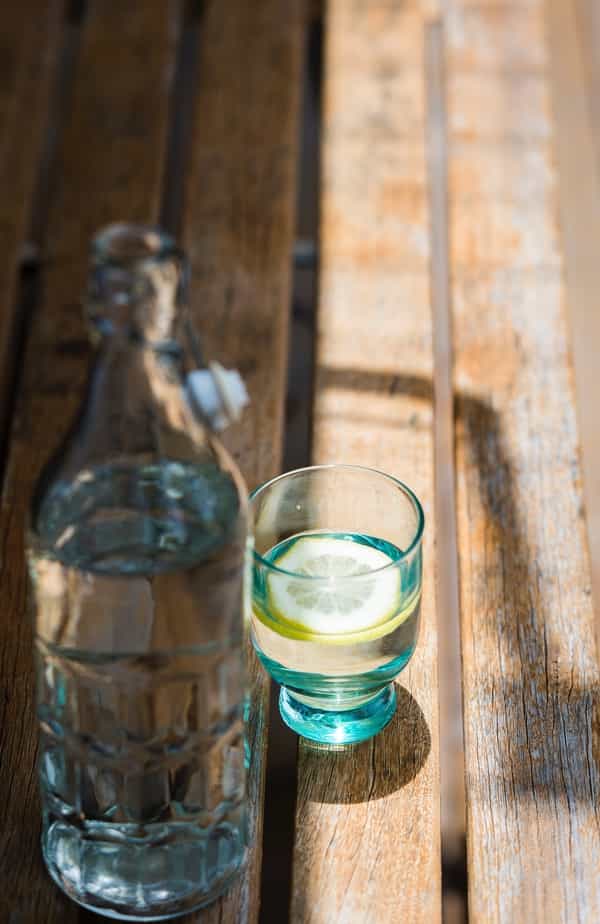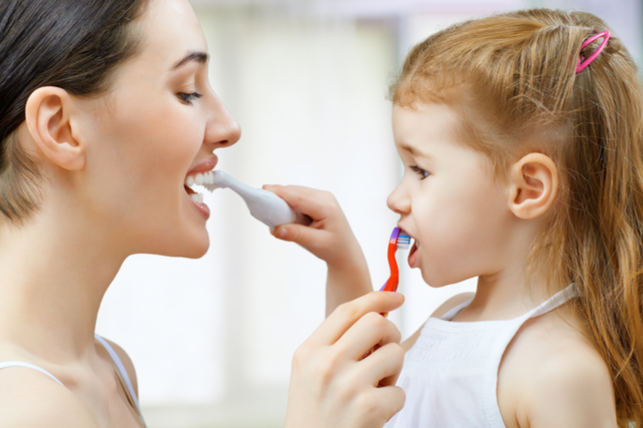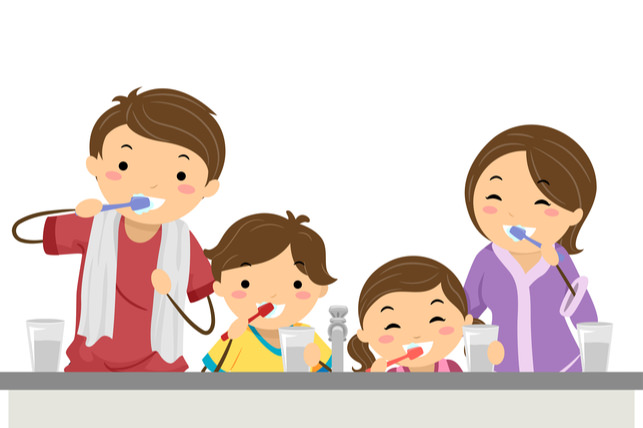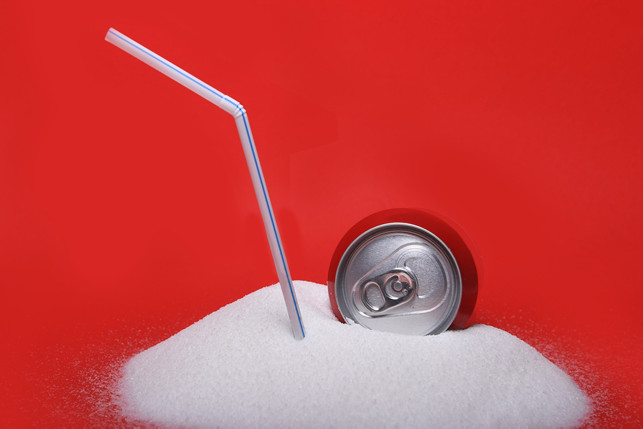Starbucks is one of the most popular spots for young adults to gather and hang out, and enjoy coffee with friends. But, a lot of the drinks on Starbucks’ menu are terrible for teeth. So, what should parents do?
The Problem: Way Too Much Sugar
Sugar feeds the harmful bacteria on teeth, and creates acid that erodes enamel. This causes plaque and ultimately cavities, which is why you should limit the number of sugary foods and drinks your child consumes. Unfortunately, most of your kid’s favorite drinks from Starbucks are absolutely LOADED with sugar.
The American Heart Association recommends children limit their daily sugar intake to less than 26 grams per day, and adults should have less than 36 grams per day. Unfortunately, most of the items on Starbucks’ menu far exceed 30 grams of sugar – even if the drink is a “small” (tall) on the menu.
What about the Kids Menu?
Starbucks has a kid’s menu that features drinks with less sugar and caffeine than their other beverages. But, don’t be fooled: each drink contains at least 25 grams of sugar, and the steamed apple juice has a whopping 50 grams of sugar. If you choose to get your child a beverage from Starbucks, go with a hot, decaffeinated tea and a little bit of honey.
The Worst Offenders:
1 – ANY Frappuccino
One of the most popular drinks aimed at kids, Frappuccinos are absolutely loaded with sugar, each of which contains AT LEAST 50 grams of sugar per drink. Frappuccinos come in a variety of flavors, but each of them contains far more sugar than your child needs to consume in one day.
2 – Iced White Chocolate Mocha
Another iced drink, the Iced White Chocolate Mocha contains 54 grams of sugar per drink, which is far too much sugar for one drink to contain. That’s because white chocolate is made with vanilla, and sweetened with sugar when it’s processed.
3 – Cinnamon Dolce Crème
Here’s an item from the kid’s menu that is terrible for teeth. The Cinnamon Dolce Crème doesn’t have caffeine, but it is loaded with sugar at 28 grams of sugar in a tall drink, and 37 grams in a grande.
Make Starbucks a Special Treat
It can be easier for parents to justify getting a black cup of coffee everyday from Starbucks, but most of the drinks intended for children are loaded with sugar, and should be seen more like milkshakes and less like coffee. Since their favorite drinks are like milkshakes, then treat them that way and limit the number of drinks they purchase from Starbucks to once per week. If your child regularly enjoys beverages that are loaded with sugar, then they are more susceptible to cavities and their overall health can suffer.










